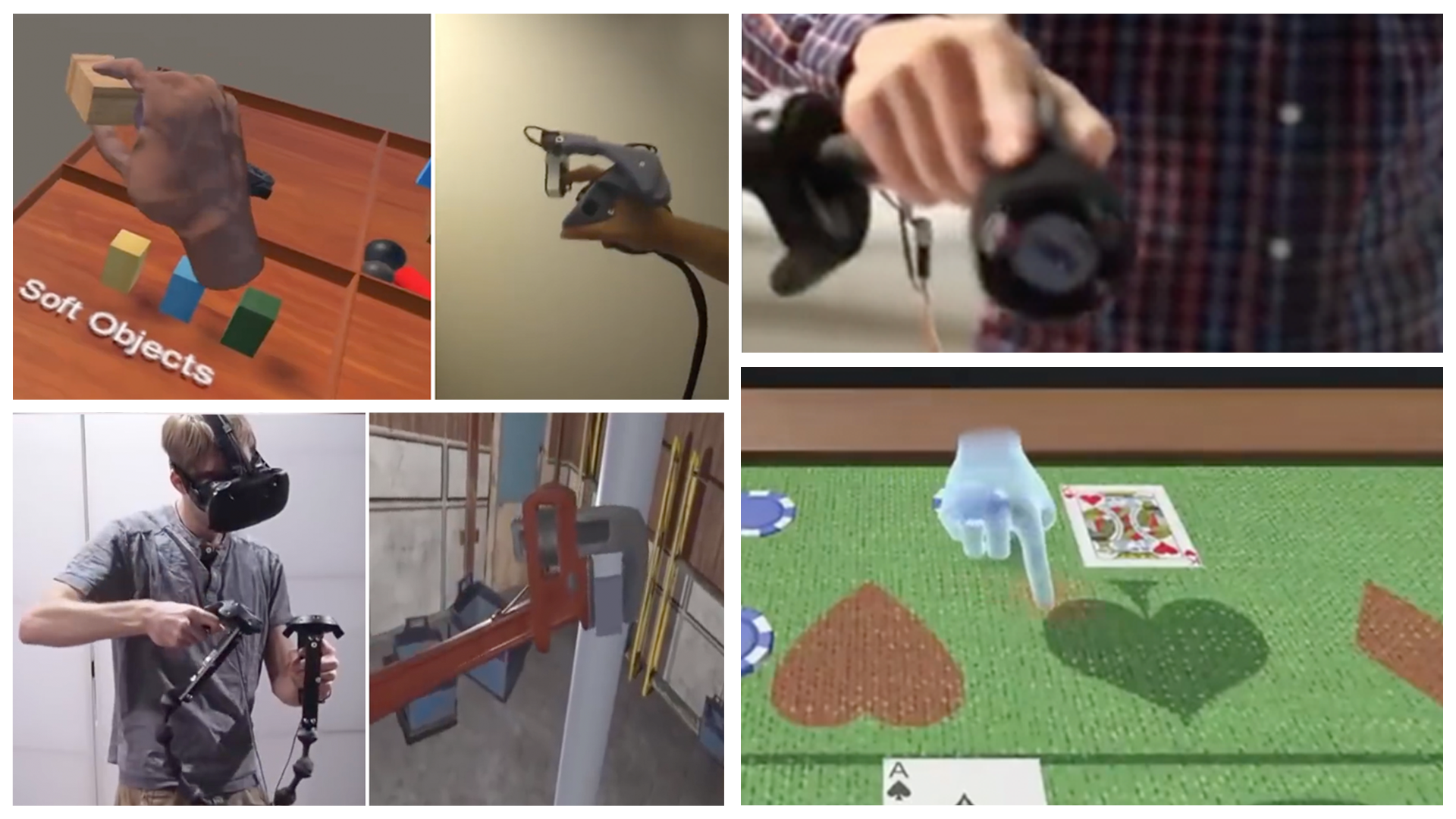Microsoft Research is pleased to announce the successful applicants in our first round of Windows Azure for Research (opens in new tab) awards. You didn’t make it easy for us—we received many good quality proposals. Our selection committee evaluated each submission in terms of its potential to accelerate research and its suitability for deployment on the Windows Azure cloud platform. There were far more outstanding proposals than we could accommodate during this first round of awards.

Difficult though it was, we selected 35 proposals for the initial set of awards. The award recipients come from 15 countries/regions and represent a variety of research domains, including scholarly communication and collaboration, big data and machine learning, urban informatics, genomics and related health science, geo and environmental science, and computer science. Each selected project will receive a substantial allocation of Windows Azure compute and storage resources to support the research over the next 12 months.
Spotlight: Microsoft research newsletter
The deadline for the next round of proposals is December 15, 2013. Applicants are also encouraged to attend one of our cloud computing for research training events (opens in new tab), which are being held at locations around the world.
The first-round selected projects are:
- Adam Farquhar, The British Library, United Kingdom, British Library Labs in the Cloud
- Animashree Anandkumar, University of California, Irvine, United States, Large-scale Unsupervised Learning via Tensor Methods: Applications in Social Networks and Text & Image Analysis
- Anna Izabel J. Tostes, Federal University of Minas Gerais, Brazil, A Collaborative Cloud—based Business Intelligence Platform for Transportation Networks
- Aoying Zhou, East China Normal University, China, COBA: Sensing Urban Lifestyle based on Collective Online Behavior Analysis with Windows Azure
- Chu Hong Steven Hoi, Nanyang Technological University, Singapore, Cloud-Based Mobile Recommender Systems by Online Collaborative Filtering Techniques
- Elisabetta Di Nitto, Politecnico di Milano, Italy, sAfe CitiEs through clouD and Internet-of-Things (ACED-IoT)
- Evgeny Rogaev, Vavilov Institute of General Genetics, Russian Academy of Science, Russia, Alzheimer Bio Project
- Frank Hutter, Freiburg University, Germany, CloudEval: Towards Community-Based Performance Testing and Optimization
- Gabriel Antoniu, INRIA, France, Z-CloudFlow: Advanced Data Storage and Processing for Multi-site Cloud Workflows
- Guangzhong Sun, University of Science and Technology, China, Smart Campus Construction Based On Rich Campus Datasets
- Hansol Lee, Korea Military Academy, Korea, Employing a Customized Web-Based Corpus Program For Language Learning
- Hojung Cha, Yonsei University, Korea, Development of a Crowd Sensing Framework for Inducing User Participation in Urban Environments
- Hugo Andres Neyem, Pontificia Universidad Católica de Chile, Chile, Improving the Preservation of Latin America’s Wildlife through a Cloud Shared Workspace
- Ian Gent, University of St Andrews, United Kingdom, Recomputation of Scientific Experiments
- Jaime Ruiz, Colorado State University, United States, EQStratus: On-Demand Genome Assembly using Cloud Infrastructure
- James M Hogan, Queensland University of Technology, Australia, Bing for Genomes – Information Retrieval Approaches to Genomic Search and Comparison
- Jim Nelson, Brigham Young University, United States, Flood Early Warning System in the Cloud
- Ka Yee Yeung-Rhee, University of Washington, United States, Inference of Gene Networks Studying Human Cancers On The Cloud
- Kenneth H. Buetow, Arizona State University, United States, Using Data Science Approaches To Map Biologic Processes To Clinical Phenotype And Outcome
- Matthew Bawn, University of San Martin de Porres, Peru, The Use of the Cloud as a Computational Platform for Genomic Analysis
- Paolo Missier, Newcastle University, United Kingdom, Analysis and Interpretation of Human Exome Sequencing for Clinical Diagnosis and EHR Integration in the Cloud
- Patrick Hénaff, Université Paris 1, France, Euclide Quant Network
- Peng Gong, Tsinghua University, China, Satellite Remote Sensing for Urban Computing—40 Year Dynamic Information on Land Use for Beijing City from Time Series Landsat Data and Computer Simulation
- Peter Coveney, University College London, United Kingdom, Collaborative Computational Project in Systems Medicine
- Philip Kershaw, STFC Rutherford Appleton Laboratory, United Kingdom, JASMIN
- Philippe Desjardins-Proulx, Université du Quebec, Canada, Growing Intelligence with Cloud Markov Logic Networks
- Richard P. Hooper, Consortium of Universities for the Advancement of Hydrologic Science, Inc. (CUAHSI), United States, Transforming Water Science with Featured-Based Data Access
- Romain Rouvoy, University Lille 1, France, ApiSwarm
- Soeren Balko, Queensland University of Technology, Australia, relocate.js
- Tomasz Bednarz, CSIRO, Australia, Image Analysis in Azure Clouds
- Victor O.K. Li, The University of Hong Kong, China, A Big Data Stream Processing Solution for Hidden Causality Detection of Urban Dynamics
- Wenjun Wu, Beihang University, China, Cloud based MOOC Platform for Self-organized Learning
- Yanmin Zhu, Shanghai Jiao Tong University, China, NoiseSense: Crowdsourcing-based Urban Noise Mapping with Smartphones
- Yuguo Li, University of Hong Kong, Hong Kong, SmartComfort – Use of Smartphone and Cloud Technologies for Building Thermal Comfort, and Ventilation and Health Studies in Megacities
- Yung-Hsiang Lu, Purdue University, United States, Cloud-Based System for Continuous Analysis of Many Cameras
We are thrilled to be off and running with the Windows Azure for Research awards, and we look forward to being amazed by the next batch of proposals.
—Dennis Gannon (opens in new tab), Director of Cloud Research Strategy, Microsoft Research
Learn more
- Windows Azure for Research website (opens in new tab)
- Windows Azure for Research (opens in new tab) (blog)
- Windows Azure for Research Training (opens in new tab)
- Windows Azure for Research Proposal FAQ (opens in new tab)
- Windows Azure website (opens in new tab)
- Windows Azure for Research LinkedIn community (opens in new tab)
- Windows Azure for Research on Twitter (opens in new tab) (use #azureresearch)

